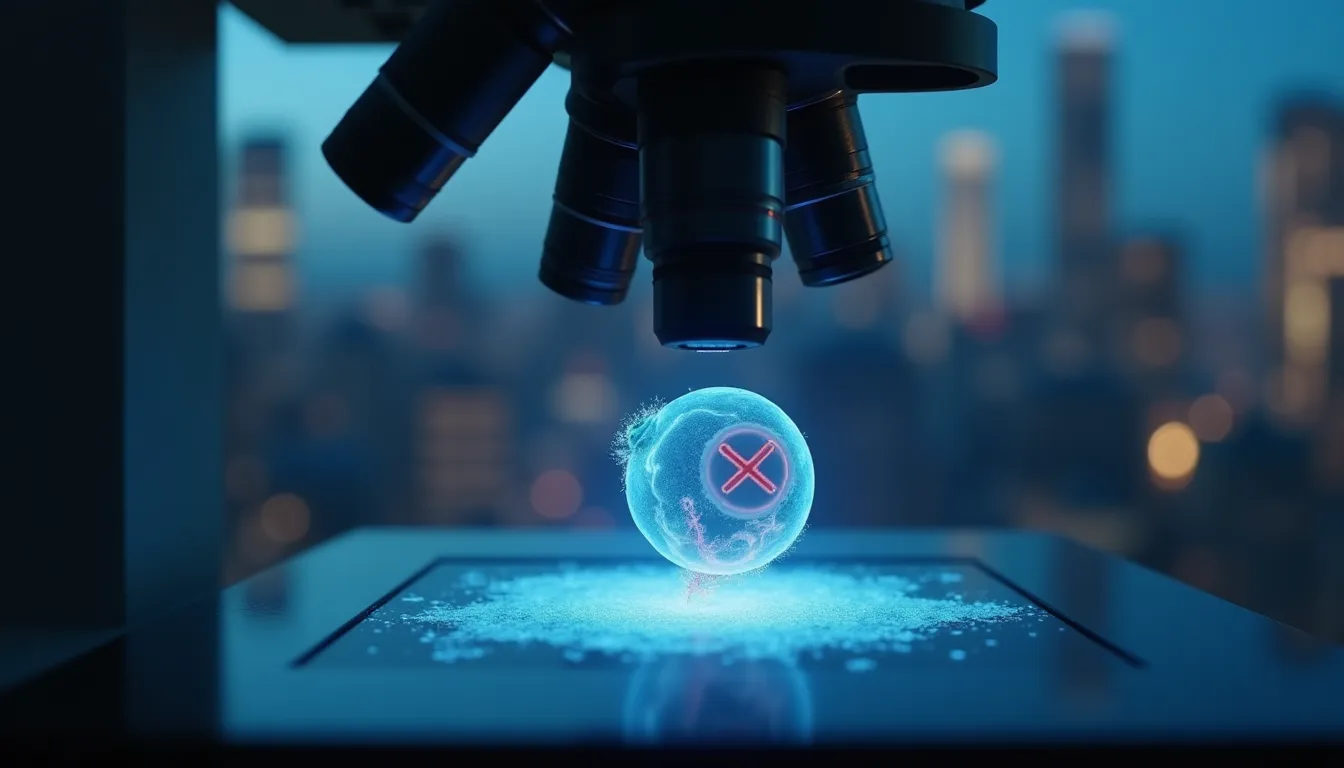The field of gene editing has witnessed significant advancements in recent years, with CRISPR-Cas9 being a major breakthrough. However, the latest development in this field has sparked a heated debate among scientists. Cathy Tie, a young entrepreneur, has launched Manhattan Genomics, a company that aims to edit the genomes of human embryos. This move reflects broader industry trends towards exploring the potential of gene editing in preventing genetic disorders.
Tie’s company has already made some key hires, including a bioethicist and two scientists with expertise in non-human primate reproductive biology. The company plans to conduct extensive research and safety testing before attempting to create gene-edited babies. However, many scientists are worried that the technology is not yet mature, and the ethics, social consensus, and legal framework for its use are not yet in place. As Alexis Komor, a biochemist at the University of California San Diego, puts it, “The bar for safety is so, so, so, so high. We’re definitely not there yet.”
The use of gene editing in human embryos is a highly controversial topic, with many countries having restrictions on such research. In the United States, for example, federal funds cannot be used for gene-editing studies in human embryos, and the US Food and Drug Administration cannot approve clinical use of genetically manipulated embryos. The concerns surrounding gene editing in human embryos are not just about safety but also about the potential unintended consequences of such a technology.
Despite these concerns, Tie remains optimistic about the potential of gene editing in preventing genetic disorders. “We have a duty to patients with incurable, debilitating diseases,” she says. “A majority of Americans are in support of this technology.” However, the road ahead for Manhattan Genomics and other companies exploring gene editing in human embryos will be long and challenging. As Junjiu Huang, a biologist who studies reproductive development, notes, “The technology is not yet mature, nor are the ethics, social consensus, and legal framework for its use.”
The debate surrounding gene editing in human embryos is not just about the science; it’s also about the ethics and the potential consequences of such a technology. As researchers continue to explore the potential of gene editing, it’s essential to consider the broader implications of such a technology and to ensure that it’s developed and used responsibly.
Source: Official Link
